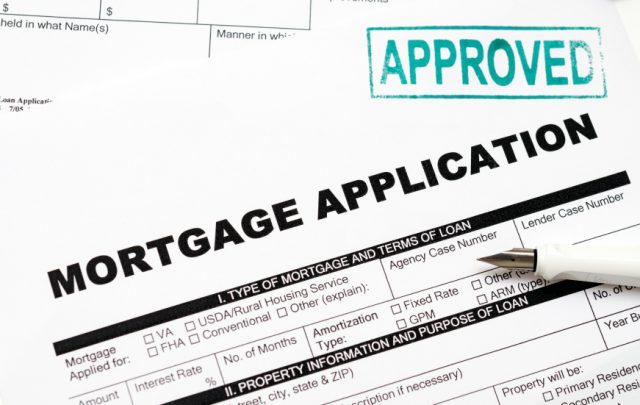Bank of England Commissions Analysis of Buy-to-Let Market
The Bank of England (BoE) fears that the buy-to-let mortgage market, alongside the economic crash in China, could have a detrimental effect on the UK’s banking system.
Policymakers are examining the buy-to-let sector, seeking any measures by lenders that could make it easier for prospective landlords to obtain loans.
The Bank is also concerned that a substantial drop in house prices could cause landlords to sell their properties, worsening the decrease.
The BoE reports that the “downside risks” of stability have grown since July, specifying the market insecurity caused by China’s stock market crash in August. On so-called Chinese Black Monday, the FTSE 100 index of leading stocks lost over £60 billion.
The Bank is commissioning a study of this contagion and the impact of computer trading strategies.
In its quarterly report on potential risks to the financial market, the BoE says it is not taking any immediate action to slow down the buy-to-let sector, where the majority of mortgages are interest-only. However, it is considering whether the buy-to-let boom could aggravate rises and falls in house prices.
The Bank has published figures revealing that buy-to-let mortgage lending rose by over 40% since the 2008 financial crisis, while owner-occupier lending increased by just 2% over the same period.
The Financial Policy Committee (FPC), which was created by the coalition government to spot potential threats to financial stability, reports: “Buy-to-let mortgage lending has the potential to amplify the housing and credit cycles, though the extent of the amplification is hard to judge because the market has only recently grown to significant levels.
“Any increase in buy-to-let activity in a upswing could add further pressure to house prices. Buy-to-let investors may further exacerbate a downturn if they expect rental incomes to fall below their interest payments, and consequently add to selling pressure.”
The FPC says there is evidence that 40% of buy-to-let landlords would sell their properties if their rental income fell below their interest payments.
The FPC first began monitoring the buy-to-let market in July, when it expressed concerns over the level of household debt.
In its most recent update, the BoE states that the rapid growth of the buy-to-let sector is the reason for its call for the Government to give it powers to intervene in the market, as it can with residential mortgages. A consultation is scheduled for this year.
The Bank says: “The FPC is alert to the rapid growth of the market and potential developments in underwriting standards. As the market continues to grow, particularly if driven by loosening of underwriting standards, the sector could pose risks to broader financial stability, both through credit risk to banks and the amplification of movements in the housing market. Intensified completion among lenders could lead to loosening underwriting standards in future.”
The FPC has also conducted an annual review of the effect of the Help to Buy scheme on the sector. The incentive allows buyers with 5% deposits to purchase a home. Its conclusion states: “The scheme does not pose material risks to financial stability.”
It its latest study, it also considers global risks, highlighting the potential lessons from Chinese Black Monday, when there were over 1,000 temporary suspensions on individual equities on the New York Stock Exchange. The FPC has called for analysis from the Financial Conduct Authority (FCA) on the way contagion spreads between markets.
The FPC says: “The committee is alert to the possibility that future heightened volatility and reductions in market depth could have more widespread and persistent effects, including on the provision of credit to the real economy.”
In July, the FPC was wary of Greece’s financial situation, but concludes that the risk has subsided: “However, other downside risks to UK financial stability stemming from the global environment, and to which the United Kingdom as a global financial centre is exposed, have increased. These risks come from both China and emerging market economies more broadly.”
The results of bank stress tests will be revealed in December, looking at their ability to endure global threats and the impact/scale of future fines for misconduct.
The FPC adds: “The scale of future misconduct and redress costs for the UK banking sector is highly uncertain and banks should hold sufficient resources to pay these costs without affecting their ability to continue to lend to the real economy.
“The committee will review potential future costs as part of the 2015 stress test of the UK banking system.”1










